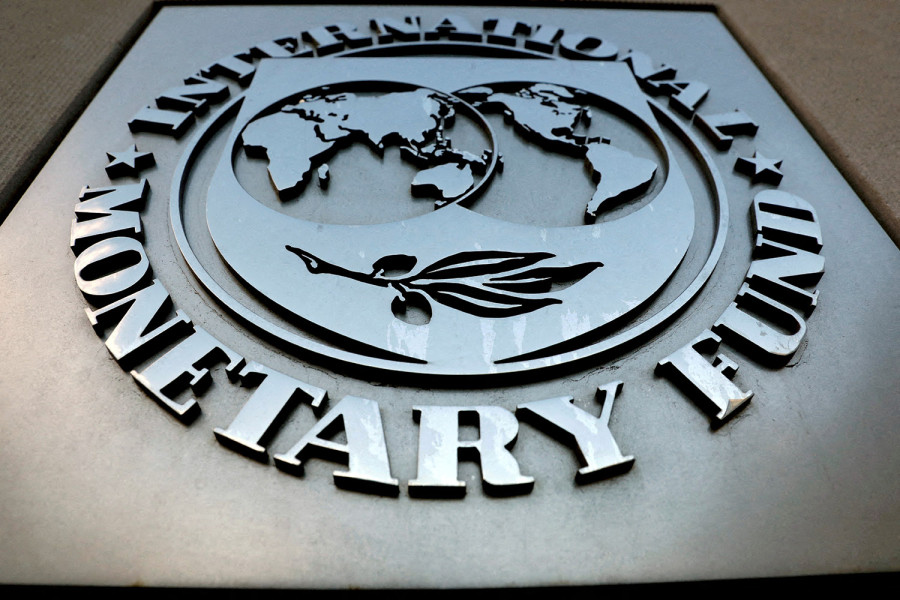Money
IMF approves $52.8 million to Nepal under its extended credit facility
Though Nepal received $110 million as the first instalment, the Washington-based organisation had delayed the second instalment, stating that Nepal did not fulfil the necessary conditions.
Post Report
The International Monetary Fund (IMF) has approved the second instalment of its extended credit facility to Nepal.
The executive board meeting of the global lender on Monday made the decision.
The extended credit facility arrangement for Nepal was approved by the IMF in January last year for an amount equivalent to SDR 282.42 million (or about $384.8 million) for its Covid-19 response in mitigating the pandemic’s impact on health and economic activity, protecting vulnerable groups, preserving macroeconomic and financial stability and supporting sustained growth and poverty reduction.
Though Nepal received about $110 million as the first instalment, the Washington-based organisation had delayed the second instalment stating that Nepal did not fulfil the conditions, especially due to its eight-month-long import ban since April 2022 on certain products amid its depleting foreign exchange reserves.
Nepal will now receive about $52.8 million (SDR 39.2 million) as the second instalment.
However, the global lender on Monday said that despite a challenging global and domestic environment last year, including the impact of Russia’s war in Ukraine, Nepal continued to make progress with the implementation of the extended credit facility‑supported programme.
“The Nepali authorities have taken decisive actions to maintain a stable macroeconomic environment in the context of the post‑Covid‑19 recovery and global shocks,” said the IMF statement. “The much‑needed monetary policy tightening last year, together with the gradual unwinding of Covid support measures, helped moderate credit growth and lower inflation.”
“In addition, to preserve fiscal discipline and debt sustainability, the government has rationalised spending in its mid‑year budget review in response to weaker‑than‑expected tax collections in the first half of the year. Bank asset quality has deteriorated as higher lending rates depress borrowers’ repayment capacity, though bank capital adequacy ratios are above the required minimum.”
The Executive Board of the International Monetary Fund completed the first and second reviews under the extended credit facility for Nepal, allowing the authorities to withdraw the equivalent to SDR 39.20 million (about $52.8 million), the IMF statement said.
“This brings total disbursements under the ECF for budget support thus far to SDR 117.70 million (about $157.4 million).”
Over the medium term, the ECF‑supported program will help Nepal’s economy respond to shocks and achieve sustainable and inclusive growth, while maintaining adequate levels of international reserves and keeping its public debt at a sustainable level.




 9.6°C Kathmandu
9.6°C Kathmandu














